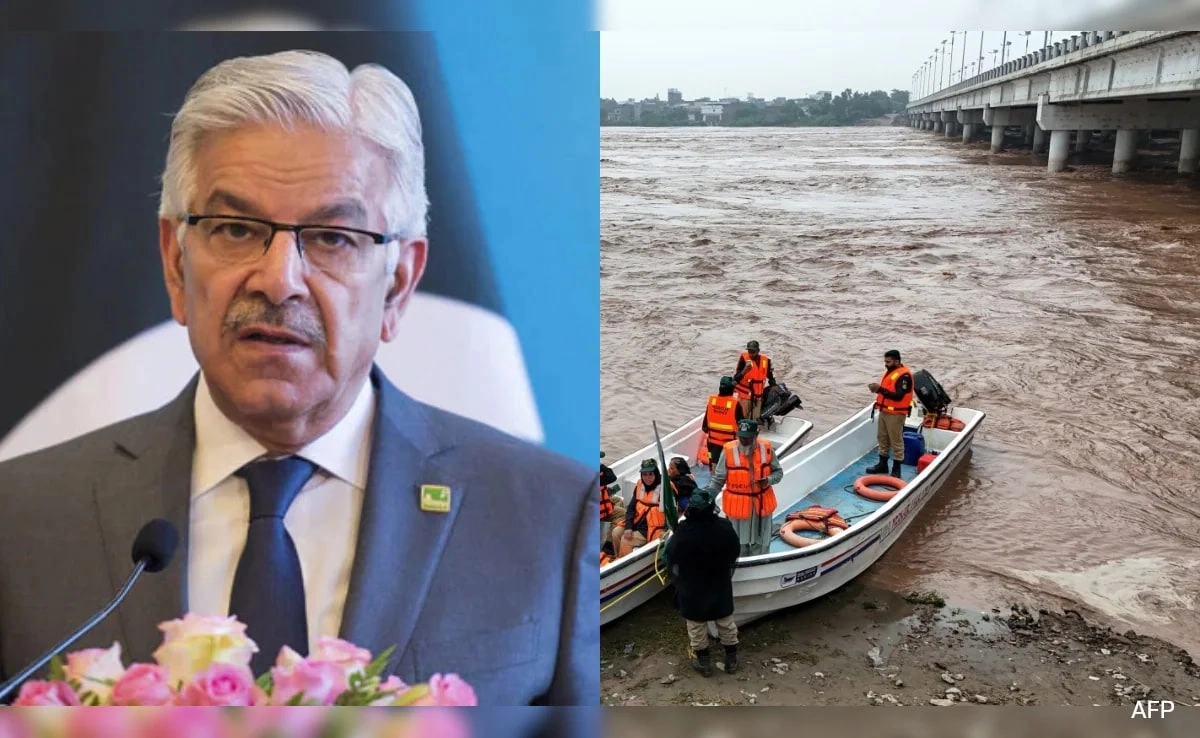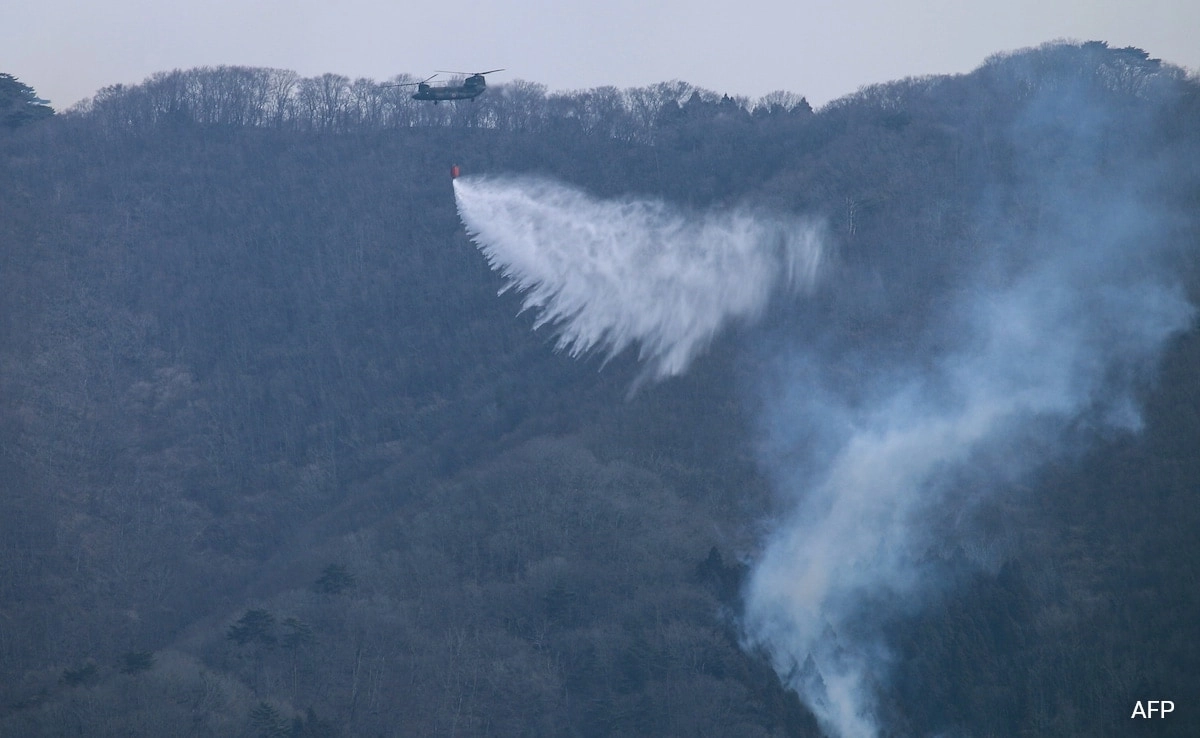In a recent statement that has drawn widespread attention and criticism, Pakistan’s Defence Minister proposed an unconventional solution to the country’s recurring flood crisis: storing floodwaters in tubs. While the idea may seem simplistic at first glance, it raises significant questions about the government’s approach to addressing the severe and growing challenges posed by climate change and extreme weather events in the region. Pakistan has been grappling with devastating floods in recent years, which have led to loss of life, destruction of property, and widespread displacement. Given the scale of the problem, many experts argue that a more comprehensive and strategic plan is necessary to effectively manage water resources and mitigate the impacts of such natural disasters.
The Defence Minister’s suggestion reflects a broader frustration with the lack of actionable policies to combat flooding, which has become an increasingly frequent occurrence in Pakistan. Critics have pointed out that while the idea of storing water may have some merit in terms of water conservation, it oversimplifies a complex issue that requires multi-faceted solutions. Effective flood management involves a range of strategies, including the construction of proper drainage systems, the rehabilitation of riverbanks, and the implementation of advanced forecasting technologies. Additionally, there is a pressing need for community education on disaster preparedness and resilience-building to empower local populations.
In the face of climate change, Pakistan is particularly vulnerable to extreme weather patterns, and the government must take decisive action to adapt to these new realities. Reliance on simplistic solutions, such as storing water in tubs, not only undermines the severity of the issue but also risks diverting attention and resources away from more viable strategies. Stakeholders, including environmentalists, urban planners, and disaster management experts, must come together to develop a comprehensive framework that addresses both immediate needs and long-term sustainability. This includes investment in infrastructure, better urban planning, and engagement with local communities to enhance their capacity to cope with floods.
Ultimately, the Defence Minister’s remarks serve as a wake-up call for policymakers to rethink their approach to flood management. It is vital that the government moves beyond superficial solutions and engages in meaningful dialogue with experts and affected communities. By prioritizing innovative strategies and investing in infrastructure, Pakistan can better prepare for future flooding events and mitigate the devastating impacts on its population. As climate change continues to pose an existential threat, the emphasis must be on resilience and sustainability rather than quick fixes that fail to address the root causes of the problem.




